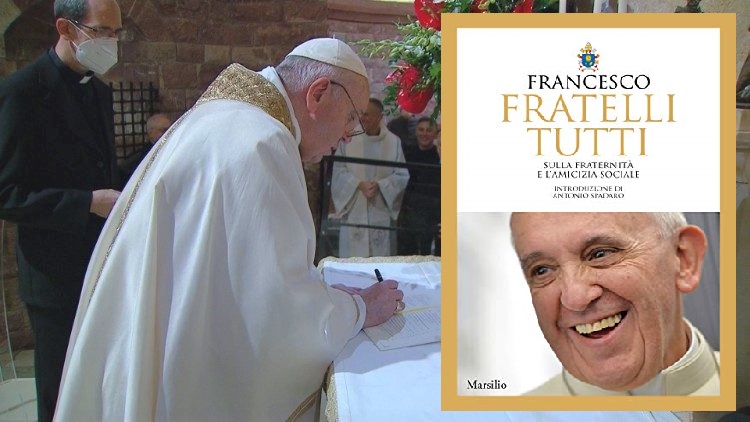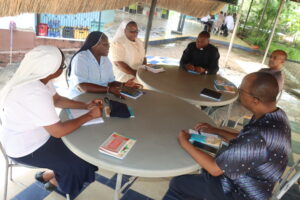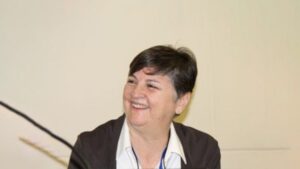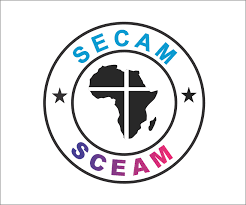VATICAN: The Dicastery of Interreligious Dialogue Wishes Muslim Brethren a Happy Ramadan, Eid El-Fitr

Sr. Henriette Anne, FSSA
As the Muslim world prepares for the Holy Month of Ramadan and the Eid El-Fitr that concludes it, the Vatican’s Dicastery for Interreligious Dialogue wishes thse Muslim brethren a Happy time of fasting, Prayer and sharing.
In a document issued from the Vatican on Feb, 4th 2025 under the theme, “Christians and Muslims: What we hope to become together”, George Jacob Cardinal Koovakad and Msgr. Indunil Kodithuwakku (Prefect and Secretary of the dicastery of Interreligious Dialogue respectively), express that this year’s Holy month of Ramadan and Eid Al-Fitr is unique as it coincides with the Christian season of Lent.
This year 2025, the holy month of Ramadan is expected to begin on Friday, February 28 or Saturday, March 1, depending on the sighting of the moon, and shall end with the Eid Al-Fitr on March 30th or 31st. Lenten Season on the other hand, is scheduled to begin on March 5th with Ash Wednesday and be concluded on April 20th with Esther Sunday. Lenten Season is a period of 40 days of Fasting, Prayer and Almsgiving for Catholic Christians. Similarly, Ramadan is a time for Fasting, Prayer and sharing for the Muslims.
According to the Dicastery, the proximity in the spiritual calendar of both religions is a unique opportunity for Christians and Muslims to walk side-by-side in a common process of Purification, Prayer and Charity. For Catholics, Ramadan is a school of Inner Transformation, because by abstaining from food and drink, Muslims learn to control their desires and turn to what is essential.
The Dicastery expresses its desire to reflect with the Muslim brethren on what to become together rather than merely living together. Rhetorically, the dicastery asks, “Do we want to be simple co-workers for a better world, or genuine brothers and sisters, bearing common witness to God’s friendship with all humanity?
In a world marked by injustice, conflict and uncertainty about the future, Muslims and Christians can bear witness to the hope that friendship is possible despite the burden of history and the ideologies that promote exclusion, the dicastery points out. In this same spirit, the dicastery expresses a profound desire to become together.
“The convergence of these spiritual traditions (Ramadan and Lent) is an opportunity for Christians and Muslims to show to the world that faith transforms peoples and societies, and that it is a force for unity and reconciliation”, says the dicastery.
Citing the Encyclical Letter of Pope Francis in 2020, on Fraternity and Social Friendship (Fratelli Tutti, 27), the dicastery says that the challenge of both Christians and Muslims is to build a common future founded on fraternity, through dialogue in a world where there is a temptation to build walls in the hearts and on the land in order to prevent encounter with other cultures and peoples. The values of Justice, Compassion and respect for creation, which are shared by both religions, should inspire the believers to build bridges rather than walls, to defend justice rather than oppression, and to protect the environment rather than destroying it.
In conclusion, the dicastery wishes that the Prayers, gestures of solidarity and efforts to build tangible peace in this holy season should be an occasion for fraternal encounters between Christians and Muslims, and that the subsequent friendship becomes a refreshing breeze for a world that thirsts for peace and fraternity.


